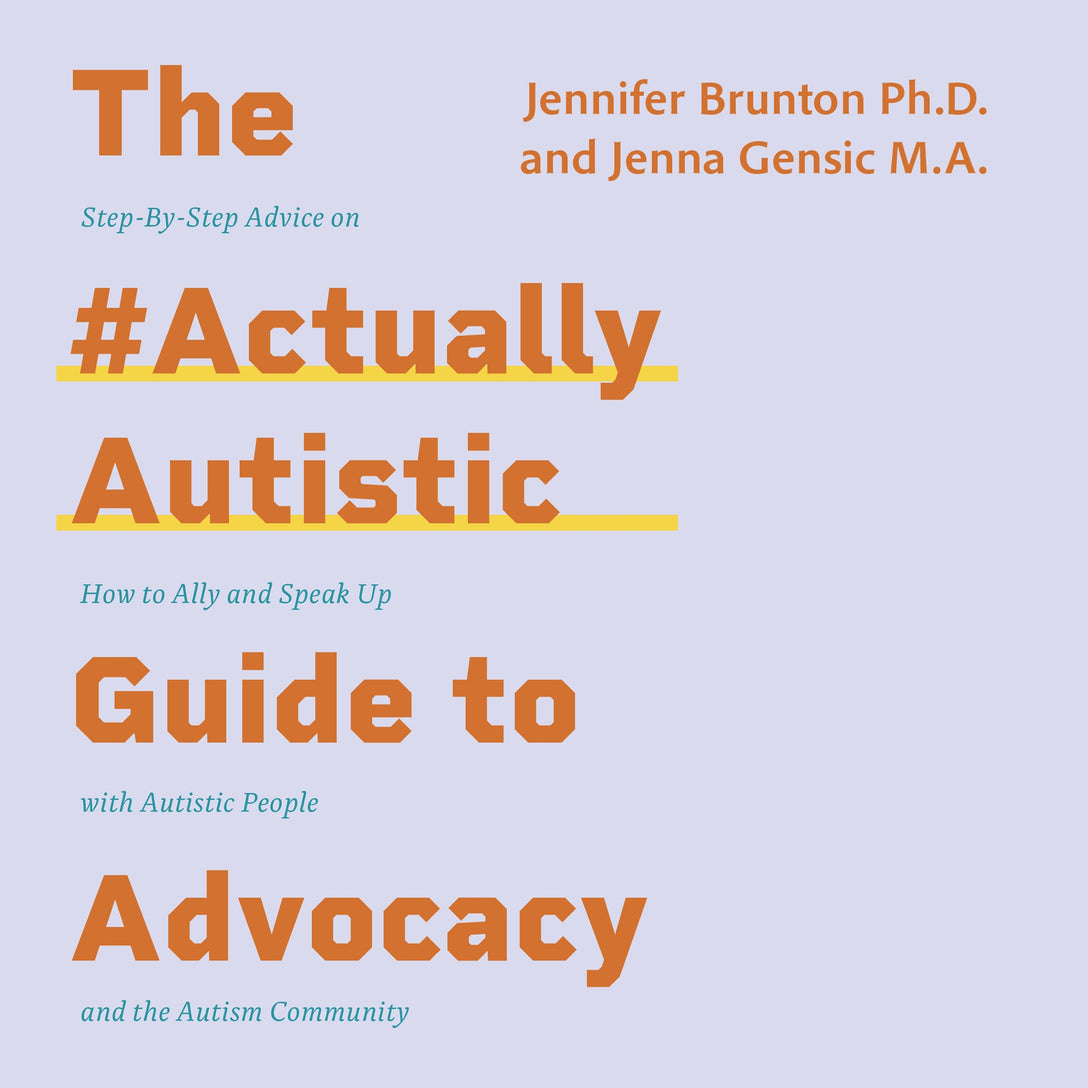


Press Reviews
Temple Grandin, author of Thinking in Pictures
The disability model needs to be eliminated and autistic abilities in music, art, math, and memory should be celebrated. This book will guide advocates and help change negative perceptions of autism. Guidance from autistic people is essential for understanding how autistics perceive the world differently.
Samantha Craft (aka Marcelle Ciampi), M.Ed., author of Everyday Aspergers, DEI Senior Manager and Ambassador for Ultranauts Inc., International Neurodiversity Educator and Consultant
An essential social justice tool for our times, The #ActuallyAutistic Guide to Advocacy brings together dozens of professionals and advocates from a spectrum of backgrounds to unfold a complex topic into a practical guidebook for allyship and advocacy. Filled with wisdom about the Autistic community and culture, the book provides direct approaches to fostering inclusivity, belonging, and equity for Autistics of all ages. The authors present sensitive topics in a diplomatic and linear way, which serves to broaden the reader's perspective and awareness. As a bonus, the comprehensive list of interviewee bios-a powerful mix of neurovariant and neurodivergent individuals-is a launchpad to additional neurodiversity resources. I gladly recommend The #ActuallyAutistic Guide to Advocacy to caregivers, allies, and advocates alike, and to any person wishing to expand their understanding of life on the spectrum.
John Elder Robison, #ActuallyAutistic, NY Times Bestselling Author of 'Look Me in the Eye'
The #ActuallyAutistic Guide thoughtfully presents a wide range of Autistic voices seeking to shape advocacy and allyship strategies that will not only improve the lives of neurodivergent people, but make the world a better place for everyone.
Maxfield Sparrow, Autistic Direct Support Professional and editor of Spectrums: Autistic Transgender People in Their Own Words
Brunton and Gensic have created a tremendous resource with The #ActuallyAutistic Guide to Advocacy, a book that takes much of the ponderous burden of self-advocacy off our Autistic shoulders. I am deeply grateful for their work. Instead of burning myself out, explaining the same things over and over, I can hand a copy of this book to my supervisor, professor, clients' parents, or potential friends and partners. Every person who cares for, cares about, or interacts with Autistic people must read this book!


